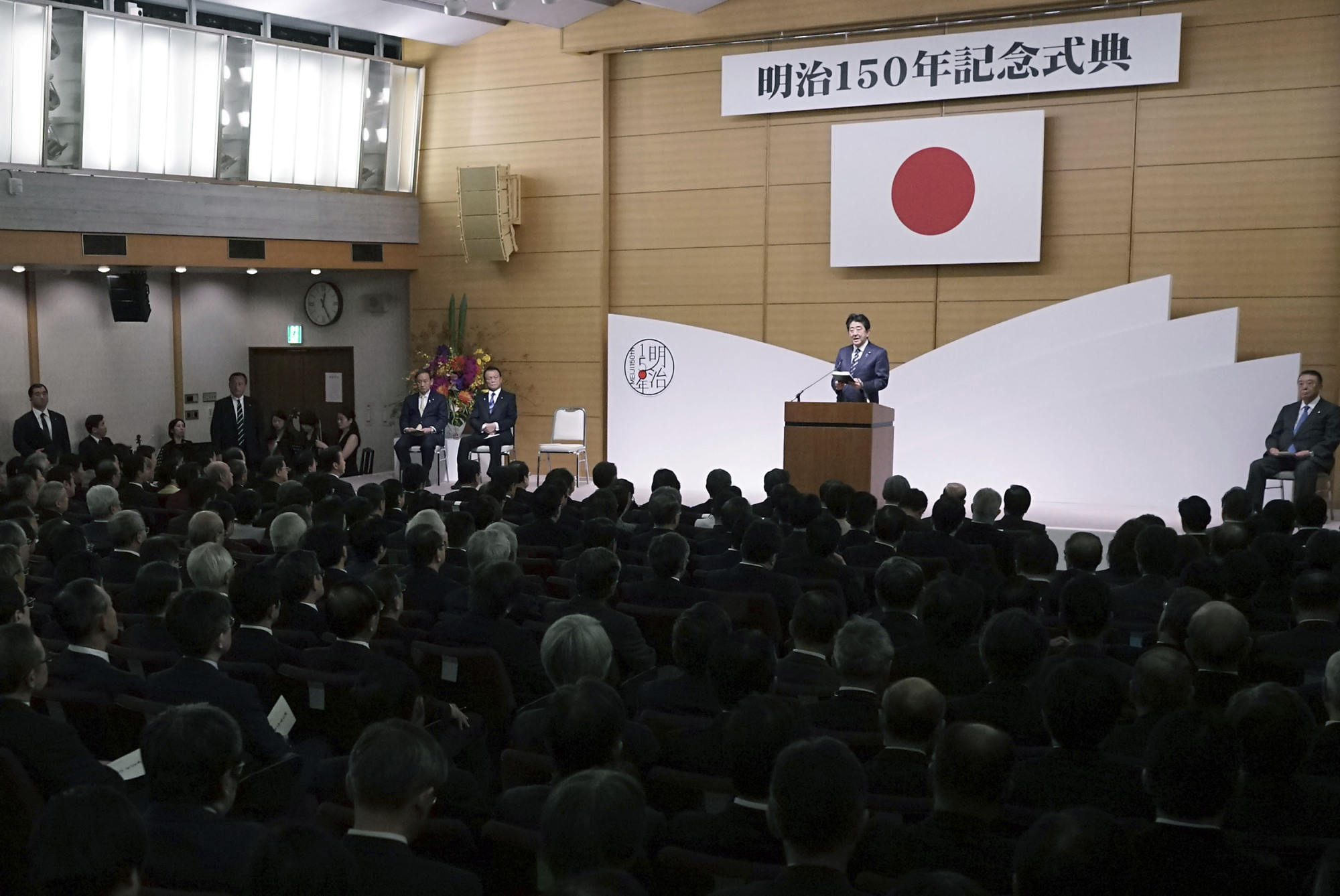The articles in this series were compiled from contributions by members of the Political and Diplomatic Review project of the Tokyo Foundation for Policy Research to the forum on "Japan since the Meiji Restoration" held to reassess the 150 years since of the start of Japan's modernization. In Part 2, Kazuo Komiya surveys the media's role in advancing political agendas before and after World War II.
The first article of the five-article Charter Oath, promulgated on April 6, 1868, stated, "Deliberative assemblies shall be widely established and all matters decided by open discussion." The Freedom and People's Rights Movement of the 1880s took this pledge to heart as it pushed for reforms beyond anything the Meiji oligarchs envisioned. Spearheading the movement were two political parties, Jiyuto (Liberal Party), and Rikken Kaishinto (Constitutional Reform Party). Their call for constitutional government and the establishment of a national assembly received enthusiastic support from the Japanese press, particularly such newspapers as the Yokohama Mainichi Shimbun (Yokohama Daily News) and the Yubin Hochi Shimbun (Postal News), which were closely affiliated with the Kaishinto party.



















With your current subscription plan you can comment on stories. However, before writing your first comment, please create a display name in the Profile section of your subscriber account page.